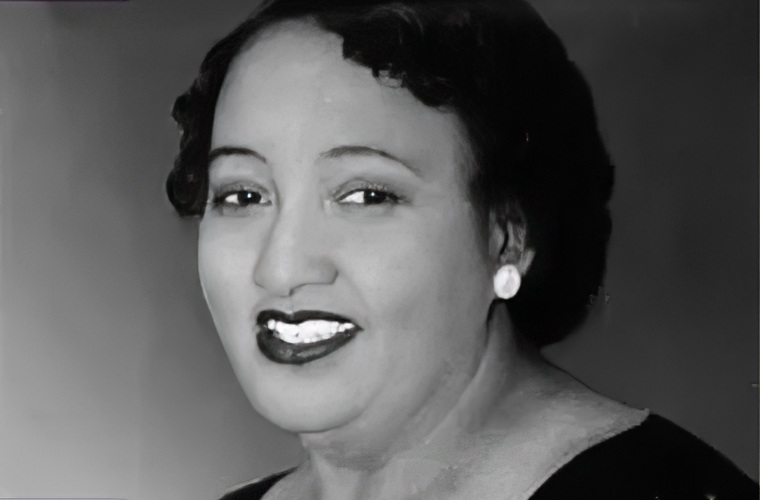Lulu B. White was a remarkable woman who made significant contributions to the civil rights movement in America. Born in Mississippi in 1865, she grew up during a time of great social and political upheaval, and became a leader in the fight for racial justice.
White began her career as a teacher, working in a segregated school system that provided unequal opportunities for African American students. She saw firsthand the effects of discrimination and inequality, and became determined to fight for change. In 1909, she joined the National Association for the Advancement of Colored People (NAACP), and quickly rose through the ranks to become one of its most influential leaders.
As an NAACP field secretary, White traveled throughout the South, organizing protests and advocating for civil rights. She was a powerful public speaker, and her speeches inspired many to join the fight for racial justice. She also worked tirelessly behind the scenes, using her organizational skills to plan events and coordinate campaigns.
One of White’s most significant achievements was her role in the Montgomery Bus Boycott of 1955-1956. After Rosa Parks was arrested for refusing to give up her seat on a Montgomery bus, White helped organize a boycott of the city’s buses. The boycott lasted for over a year, and ultimately led to the desegregation of Montgomery’s bus system. White continued to work for civil rights until her death in 1937. Her legacy lives on today, as her contributions to the movement continue to inspire generations of activists.
In recognition of her achievements, White was posthumously awarded the NAACP’s Spingarn Medal in 1938. She was also inducted into the Mississippi Women’s Hall of Fame in 1989. Lulu B. White was a true pioneer in the fight for racial justice in America. Her courage, determination, and leadership continue to inspire us today, and serve as a reminder that change is possible when we work together towards a common goal.

